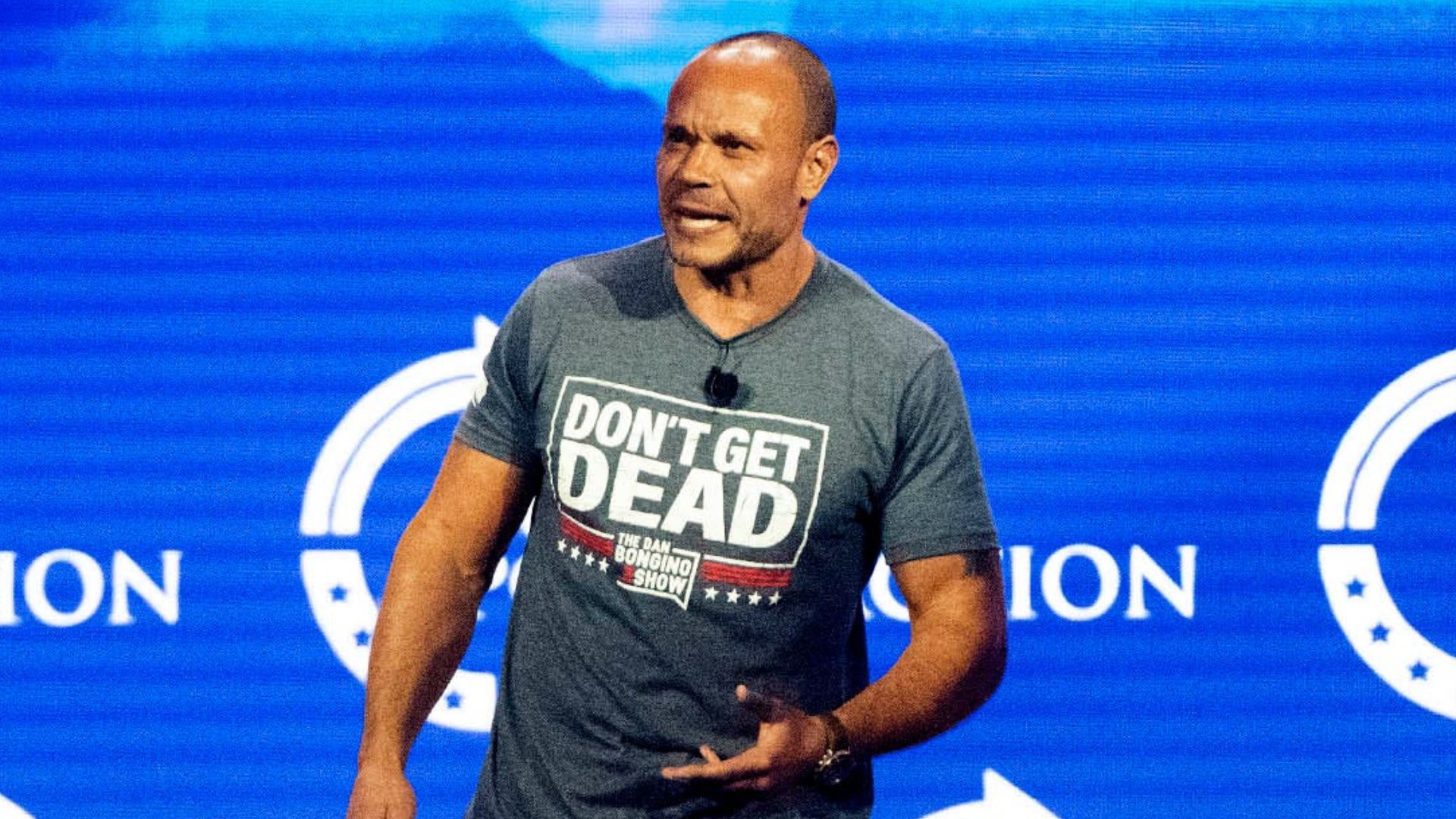A Chinese hacker gained access to the U.S. Treasury Department in a state-sponsored cyberattack, with officials learning about the breach on December 8, according to a report released Monday.
The hacker, affiliated with the Chinese government, exploited a vulnerability in the department’s systems, raising serious concerns about the effectiveness of U.S. cybersecurity measures.
The US Treasury says its workstations were hacked in a China-backed cyberattack pic.twitter.com/yRa9z4LPZd
— The Post Millennial (@TPostMillennial) December 30, 2024
Celebrate Trump’s Historic 2024 Victory with the Exclusive Trump 47th President Collection!
The hack occurred through a third-party vendor, whose service provided remote technical support for Treasury Departmental Offices (DO). A key used by the vendor to secure the service was stolen, allowing the attacker to bypass the service’s security and remotely access certain Treasury workstations.
The breach provided the hacker with access to unclassified documents, although no classified data appears to have been compromised.
The U.S. Treasury Department reacted swiftly upon being alerted by the service provider.
A spokesperson for the department stated: “Once Treasury was alerted by the service provider, we immediately contacted Cybersecurity and Infrastructure Security Agency (CISA) and have worked with law enforcement partners across the government to ascertain the impact of this incident.”
The compromised service has been taken offline, and no evidence suggests that the hacker maintained access to Treasury systems or information after the breach was detected.
In a letter to lawmakers, the department outlined the details of the breach, emphasizing that it takes threats against its systems seriously.
The department noted that it had strengthened its cybersecurity defenses over the past four years, although critics are questioning whether the efforts were sufficient given the scale of the attack.
This breach has been labeled a “major incident,” but some are left questioning how such a vulnerability could have gone unnoticed.
Critics point to the fact that the U.S. government has been highly proactive in tracking down individuals involved in the January 6 Capitol incident, even those who did not engage in illegal activities.
If the government can track down such individuals, why wasn’t it able to foresee and prevent this cyberattack?
Some may draw attention to the Biden-Harris administration’s potential ties to China, with suspicions that corruption could be at play in the broader context.
However, the full extent of any such influence remains unclear, and it is likely that the details will remain hidden due to the involvement of multiple parties who may have benefited from it.
This cybersecurity failure is yet another example of the consequences of a government distracted by identity politics and misguided policies.
Critics argue that when an administration focuses on issues like DEI (Diversity, Equity, and Inclusion) and CRT (Critical Race Theory) as national priorities, it risks ignoring the more pressing issues, such as safeguarding national security.
The Biden-Harris administration’s decision to withdraw from Afghanistan, leaving American citizens and critical equipment behind, serves as a striking example of this misplaced focus.
Additionally, appointments to key positions within the administration, such as Kamala Harris, Rachel Levine, Pete Buttigieg, and Sam Brinton, have been criticized for prioritizing optics over competence.
Spokespersons like Jen Psaki and Karine Jean-Pierre have been noted for their focus on appearances rather than addressing real concerns.
This breach highlights the consequences of an administration that is seen as compromised, both by its foreign dealings and its internal priorities.
Under this administration, the U.S. faces challenges that go beyond cybersecurity, such as unaddressed border security issues, the rise of a left-wing agenda in government policies, and a disregard for the oaths of office sworn by those in power.
While some may argue that these issues are unrelated to national cybersecurity, they share a common thread: a political system driven by a uniparty structure more interested in power and manipulation than in fulfilling its duties to the American people.
This situation raises questions about whether the government is truly prepared to protect the nation’s interests or if it is distracted by internal conflicts and foreign entanglements.
The opinions expressed by contributors and/or content partners are their own and do not necessarily reflect the views of LifeZette. Contact us for guidelines on submitting your own commentary.
Read the full article here


![Chinese Cyberattack Hits U.S. Treasury Amid Biden’s Leadership: Report [WATCH] Chinese Cyberattack Hits U.S. Treasury Amid Biden’s Leadership: Report [WATCH]](https://www.lifezette.com/wp-content/uploads/2024/12/2024.12.31-05.01-lifezette-6774235937782.jpg)



![Letitia James is ‘Losing it,’Rants at Al Sharpton Event as FBI Closes In [WATCH] Letitia James is ‘Losing it,’Rants at Al Sharpton Event as FBI Closes In [WATCH]](https://www.rvmnews.com/wp-content/uploads/2024/11/2024.11.06-10.00-rvmnews-672be71271df5.jpg)



